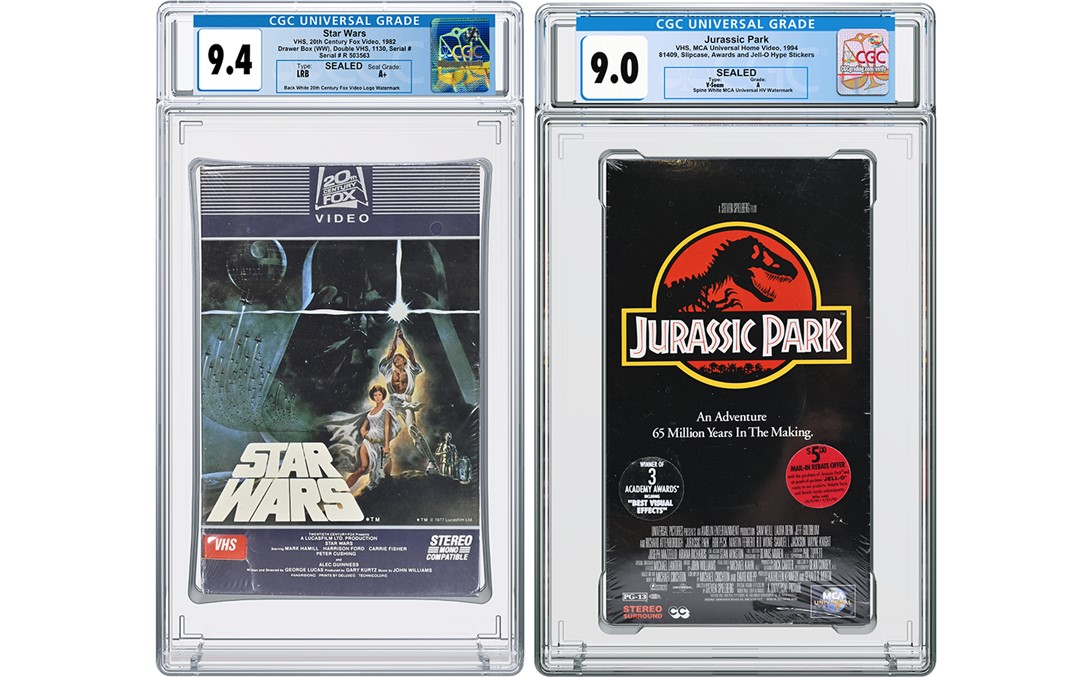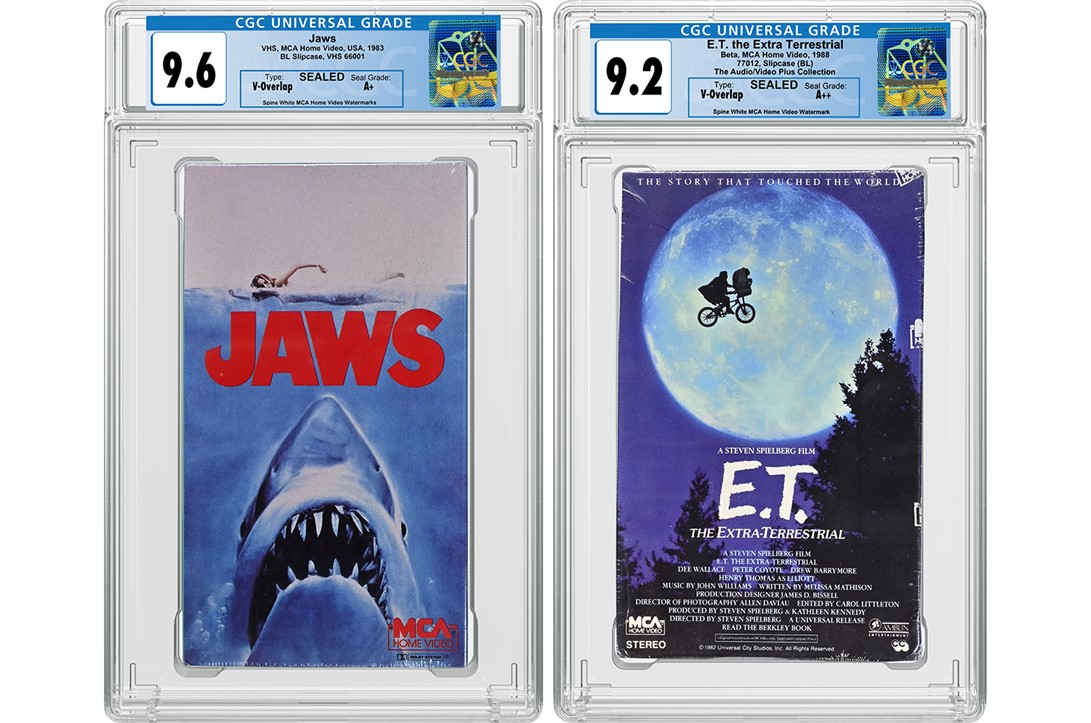CGC Highlights the Master of Film Compositions: John Williams

Filmmaking is a complex process that involves many different talents — including actors, animators, special effects artists and more — coming together and creating something fit for the big screen. However, some might argue that one of the most important aspects of filmmaking comes from an often-unsung group of artists: musicians and composers. A film’s musical score sets the tone for a scene or plot point, whether it’s a beautiful ballad accompanying a dance or a bouncy tune for a comedic conversation.
Yes, a film’s musical score is incredibly important to its success. Notable film composers are everywhere, but one name rings out as a grandmaster in the world of cinema. Known for his incredible music in classics such as Jaws, E.T. the Extra Terrestrial and Star Wars, it’s the legend of cinema composition himself: John Williams.
About John Williams
John Williams is an American composer and conductor who has more than seven decades of experience in the music industry. At age 93, he has composed some of the most well-known scores in film history, earning him an avalanche of accolades. He is the second-most nominated person in the Academy Awards’ history with 54 total nominations, just behind Walt Disney, who has 59.
 |
Early Contributions to Cinema
Williams was born into a family of musicians, so he gained an appreciation for music early on. After studying composition at the university level and privately, he went on to work as an orchestrator at film studios, where he worked with composers such as Franz Waxman and Alfred Newman. One of his first film compositions was for a promotional film called You Are Welcome (1952). He would then compose his first feature film composition in 1958 for Daddy-O. His name was first featured in the credits of Because They’re Young (1960).
Rise to Fame
The 1970s proved to be a pivotal point in Williams’ career. Williams earned his first Oscar for Fiddler on the Roof in 1971. In 1972, Williams began working with Irwin Allen by composing scores for his disaster films, including The Poseidon Adventure (1972) and Earthquake (1974). His work in these films caught the attention of Steven Spielberg, who recruited him to work on Jaws (1975).
Jaws was the catalyst for Williams’ rise to fame. While Spielberg initially wanted a sophisticated soundtrack for his film, Williams disagreed and instead composed a simple, yet intimidating, theme based on only two notes. After hearing variations of the theme that Williams had composed, Spielberg agreed to feature it in the film. The gamble paid off ten-fold: Jaws became a blockbuster phenomenon, earning Williams his second Academy Award. The two-note theme has become a common interpretation for incoming danger in other scores and continues to be referenced in media to this day.
In the subsequent decades, John Williams went on to write compositions for more famous films. Some of his best-known compositions are featured in the Indiana Jones film series, E.T. the Extra Terrestrial (1982), Jurassic Park and its sequels, Schindler’s List (1993) and Saving Private Ryan (1998). Perhaps his biggest success was the Star Wars franchise, for which Williams composed many of the most famous themes, including “The Imperial March,” “Luke and Leia” and “Yoda’s Theme.”
 |
Toward the Present
Williams has continued to provide scores for films in recent years. In 2011, Williams worked with Spielberg again on The Adventures of Tintin and War Horse. He also worked with Spielberg on The BFG (2016) after taking a short hiatus from film music due to health issues. His latest film score was for Indiana Jones and the Dial of Destiny, which was released in 2023.
John Williams’ contributions to the music and film industries cannot be understated. He holds a legendary status as a top composer in cinema, complete with more than 50 Academy Award nominations, including one he received at age 91 in 2024 that solidified his place in Oscar history as the oldest nominee in any category. If you’d like to know more about John Williams’ career, check out his IMDb page. If you have a videocassette, DVD or other home video featuring one of Williams' scores, consider sending it to CGC for expert authentication, grading and encapsulation services! Learn how to submit by going here.